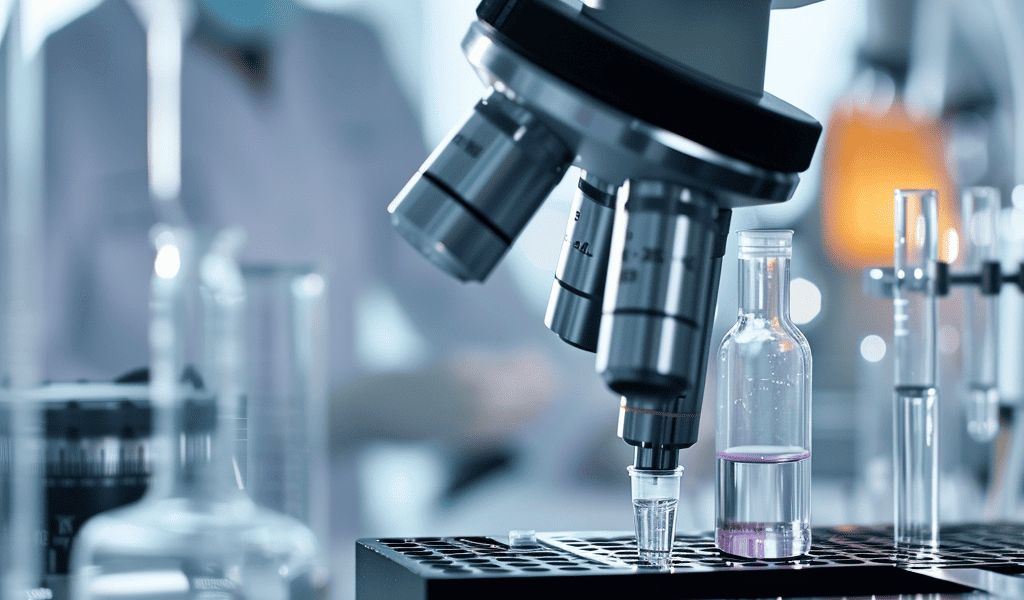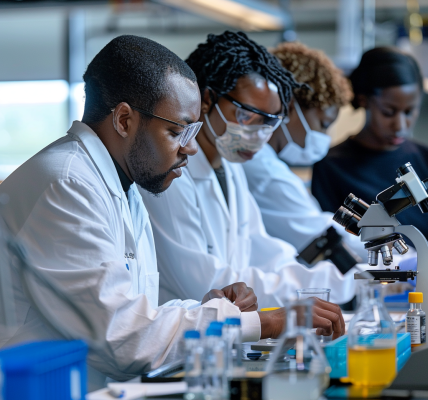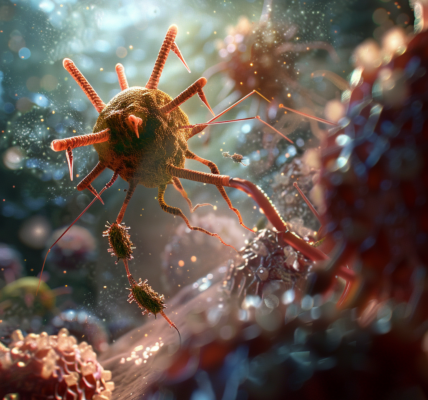Recent research has shed light on the persistent complement dysregulation and signs of thromboinflammation in active Long Covid. The study, conducted by Carlo Cervia-Hasler, Sarah C. Brüningk, Tobias Hoch, Bowen Fan, and Onur Boyman, along with 23 other authors, found that individuals experiencing Long Covid exhibited changes to blood serum proteins, indicating activation of the immune system’s complement cascade, altered coagulation, and tissue injury.
The research, published in the journal Science, compared the blood of patients with confirmed SARS-CoV-2 infection with that of uninfected controls. The findings revealed that Long Covid was linked to aggregates comprising monocytes and platelets at the cellular level.
According to the study, about 5% of all infected individuals do not recover from acute disease but develop long-term complications, known as Long Covid. Current hypotheses on factors contributing to Long Covid include tissue damage, viral reservoirs, autoimmunity, and persistent inflammation. However, there are currently no diagnostic tests or therapeutic solutions for affected patients.
The research team followed 39 healthy controls and 113 COVID-19 patients for up to 1 year after initial confirmation of acute SARS-CoV-2 infection to identify biomarkers associated with Long Covid. At the 6-month follow-up, 40 patients had Long Covid symptoms. Repeated clinical assessments were paired with blood draws, resulting in a total of 268 longitudinal blood samples. They measured more than 6500 proteins in serum by proteomics and identified top candidate biomarkers using computational analysis.
These findings provide a potential resource of biomarkers for diagnosis and may inform directions for treatments. The study offers valuable insights into the underlying factors contributing to Long Covid and may pave the way for the development of diagnostic tests and therapeutic solutions for individuals experiencing persistent, debilitating symptoms post-SARS-CoV-2 infection.





